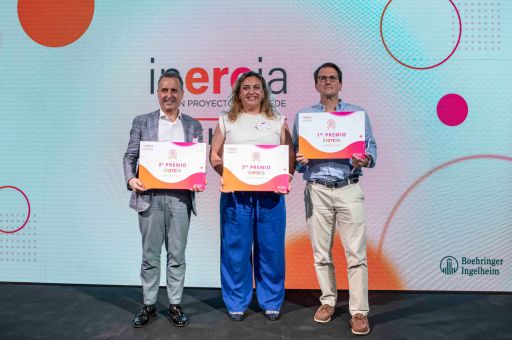An innovative project led by Son Llàtzer University Hospital, in collaboration with consultancy firm IQVIA and primary care professionals, has won first prize in the inERCia program thanks to the creation of a predictive model based on artificial intelligence that will enable early identification of patients with chronic kidney disease and personalise their treatment.
The initiative, coordinated by Dr. Juan Manuel Buades Fuster, Head of the Nephrology Department at Son Llàtzer and Coordinator of the Chronic Kidney Disease Strategy in the Balearic Islands, aims to transform how the public healthcare system addresses this illness. The project is supported by the Directorate General of Benefits, Pharmacy and Consumer Affairs of the Balearic Ministry of Health.
TDB keeps you informed. Follow us on: Facebook, Twitter and Instagram
Son Llàtzer develops a pioneering artificial intelligence tool to improve the detection and treatment of chronic kidney disease
Unlike traditional methods, which rely on specific lab parameters, the new model can detect undiagnosed patients, automatically classify the stage of the disease, and be integrated into the electronic health record. This way, healthcare professionals will receive alerts and tailored recommendations aligned with the latest scientific guidelines.
The project will be rolled out in three phases:
- Initial design using external databases.
- Validation with data from the Balearic healthcare system through IdISBa.
- Final integration into the clinical system and CE certification as a medical device, with scalability to other regions.
The project has been awarded €40,000 in seed funding and positions the Balearic Islands as a benchmark in digital innovation in nephrology. Existing tools such as Nefrolink —within the Nefrored project— have already unified clinical data from patients in advanced stages, dialysis, or transplant, laying the groundwork for this breakthrough.
“Artificial intelligence applied to real clinical data brings us closer to precision medicine, improving patients’ quality of life while optimising healthcare resources,” concluded Dr. Buades.
